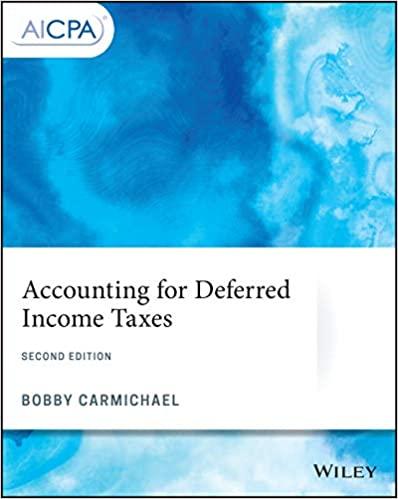Question
Mitsubishi was accused of cheating on mileage tests for its eK wagon and eK Space light passenger cars and the Dayz and Dayz Roox vehicles
Mitsubishi was accused of cheating on mileage tests for its eK wagon and eK Space light passenger cars and the Dayz and Dayz Roox vehicles which Mitsubishi produced for Nissan. Later, it also admitted that its models sold over the previous 10 years were affected by the fuel economy scandal. As a consequence, President Tetsuro Aikawa said he would step down, taking responsibility for the mileage scandal. The company would post a US$480 million special loss for the fiscal year 2016-17 to pay compensation to customers for the years of cheating on fuel economy tests. When the scandal broke, Mitsubishis shares in the Japanese market plummeted and continued to fall. The spreading scandal at Mitsubishi called for an inspection of carmakers reports on fuel economy and pollution ratings. Analysts felt that while Mitsubishi had promised Nissan as well as the consumers that it would deliver a car with remarkable mileage specifications, it was incapable of doing so. Mitsubishis employees opined that the scandal was the result of the companys narrow-minded corporate culture focused on its financial interests and that it had not learnt any lessons from its earlier scandals. The analysts opined that the company covered up safety problems and overlooked customer complaints about unsafe vehicles.
Reflect upon the case study provided, applying Tofflers three business ethics principles. In each case name the principle and briefly explain it and give an example(s) from the case study where you believe each principle might be breached.
Step by Step Solution
There are 3 Steps involved in it
Step: 1

Get Instant Access to Expert-Tailored Solutions
See step-by-step solutions with expert insights and AI powered tools for academic success
Step: 2

Step: 3

Ace Your Homework with AI
Get the answers you need in no time with our AI-driven, step-by-step assistance
Get Started


